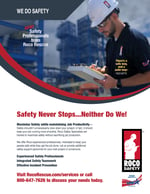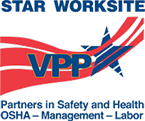 It’s all over the safety news right now – heat stress is finally getting the recognition it deserves for the millions of employees who have to work out in the heat every day. As the heat wave continues, we’ve got to do a better job of taking care of our personnel and watching out for any signs or symptoms of heat distress.
It’s all over the safety news right now – heat stress is finally getting the recognition it deserves for the millions of employees who have to work out in the heat every day. As the heat wave continues, we’ve got to do a better job of taking care of our personnel and watching out for any signs or symptoms of heat distress.
The July/August 2023 issue of ISHN featured an article written by our own Chris McGlynn and Chris Warrick that explores what we can do to combat this dangerous hazard. Click HERE to read the original article.

 The misguided notion that seeking help is a sign of weakness or an inability to handle the job perpetuates the stigma surrounding mental health in emergency response professions. Consequently, many workers suffer from mental health issues silently, unable to admit they need assistance. This hesitancy to seek help leads to coping with unhealthy habits, placing them at high risk for developing alcohol and substance abuse issues. The reluctance to seek help, combined with these risk factors, can lead to severe and sometimes fatal outcomes.
The misguided notion that seeking help is a sign of weakness or an inability to handle the job perpetuates the stigma surrounding mental health in emergency response professions. Consequently, many workers suffer from mental health issues silently, unable to admit they need assistance. This hesitancy to seek help leads to coping with unhealthy habits, placing them at high risk for developing alcohol and substance abuse issues. The reluctance to seek help, combined with these risk factors, can lead to severe and sometimes fatal outcomes.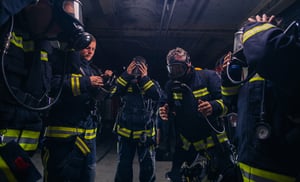 As emergency responders, we are an integral part of ensuring the safety and health of those in our workplace and communities. While performing this job requires incredible amounts of dedication, courage, and resilience, we must also remember that we are not invincible. By advocating for the normalization of seeking help, we can better support the emotional well-being of rescue professionals and enable them to perform at their best while facing the challenges of their noble profession.
As emergency responders, we are an integral part of ensuring the safety and health of those in our workplace and communities. While performing this job requires incredible amounts of dedication, courage, and resilience, we must also remember that we are not invincible. By advocating for the normalization of seeking help, we can better support the emotional well-being of rescue professionals and enable them to perform at their best while facing the challenges of their noble profession.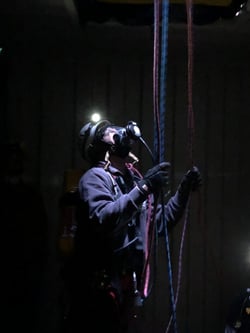
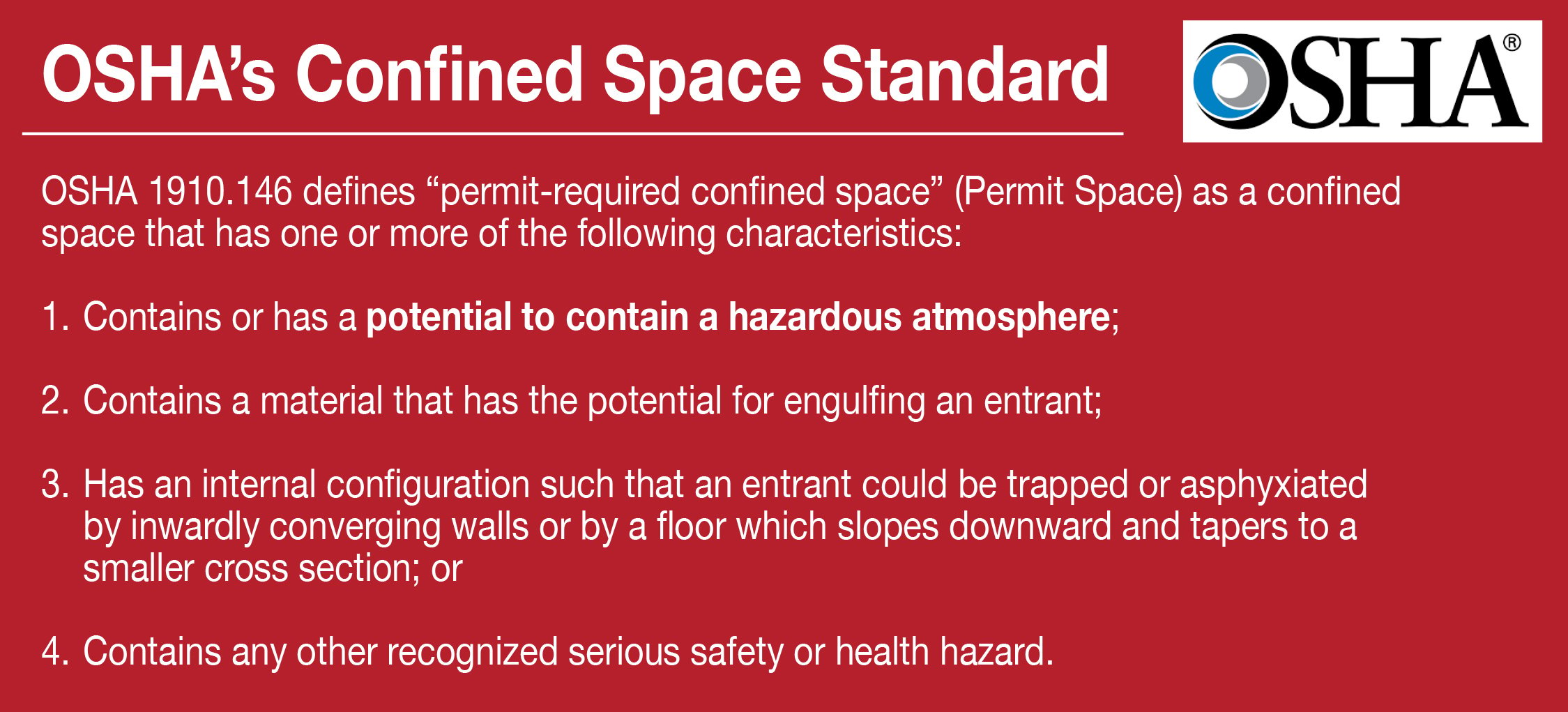
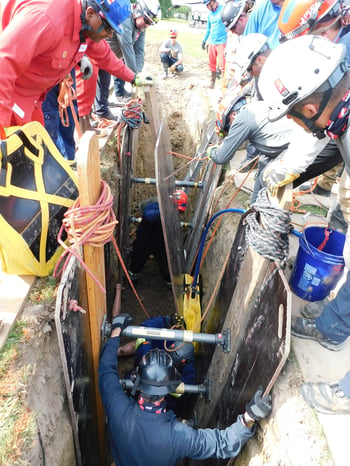
 Roco Rescue has been recognized with LWCC’s Safest 70 Award for 2022. Established in 2008, the award honors LWCC policyholders who exemplify the company’s commitment to workplace safety. Roco is proud to be recognized for
Roco Rescue has been recognized with LWCC’s Safest 70 Award for 2022. Established in 2008, the award honors LWCC policyholders who exemplify the company’s commitment to workplace safety. Roco is proud to be recognized for 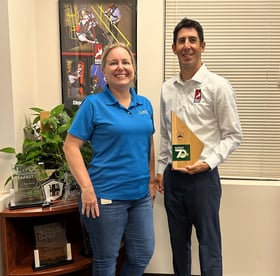 Recognized companies seek ways to proactively improve workplace safety and are also quick to react and respond when potential safety hazards are identified, often in partnership with LWCC’s Safety Services team.
Recognized companies seek ways to proactively improve workplace safety and are also quick to react and respond when potential safety hazards are identified, often in partnership with LWCC’s Safety Services team.